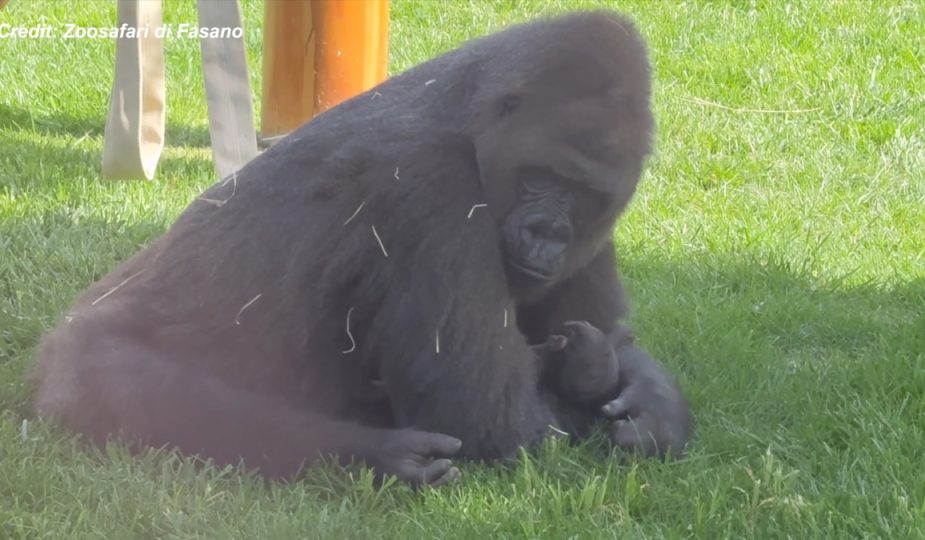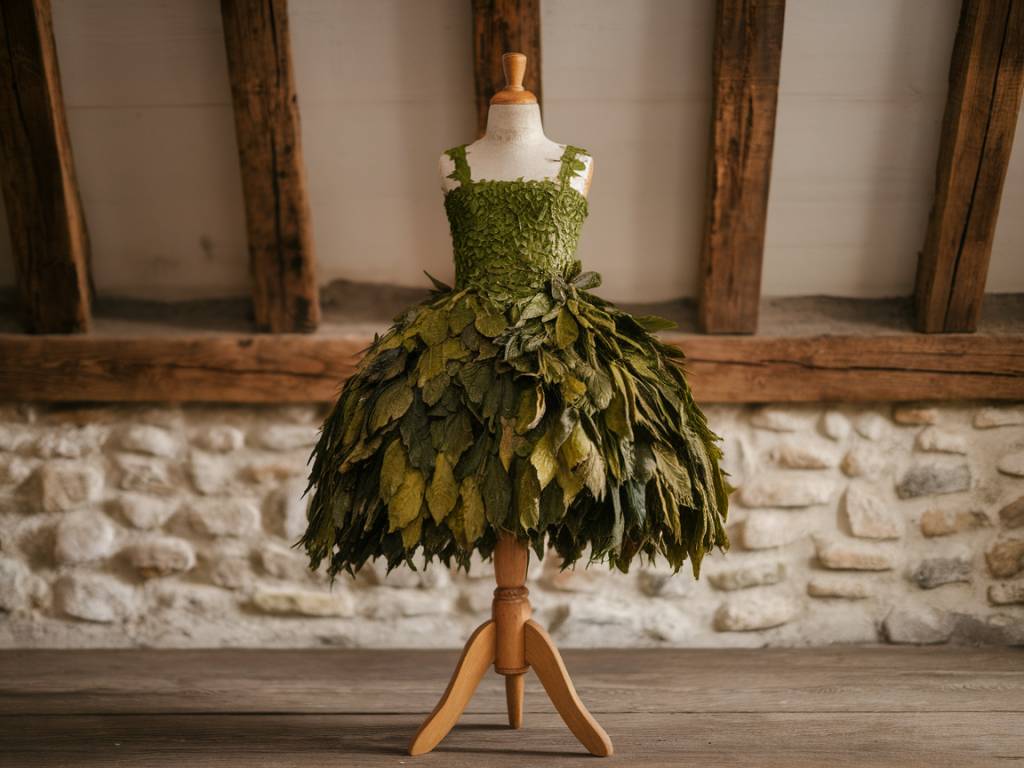A Precious New Arrival: Baby Gorilla Born at Zoosafari Fasano
Zoosafari Fasano in Brindisi is celebrating an extraordinary milestone once again. For the second time in a month, a gorilla has been born at the park, marking a giant leap forward for conservation efforts in Italy. This time, it’s a healthy baby boy, whose arrival continues to shine a spotlight on the park’s dedication to endangered species.
The proud mother, Tonka, is a first-time gorilla mum, and her maternal instincts have been nothing short of inspiring. Park staff report that Tonka has embraced motherhood with genuine tenderness, emulating the caring example set by her fellow gorilla, Tamani, who delivered the previous newborn in August. This poignant duo of births represents the first gorilla births in Italy in nearly 50 years.
Tonka’s First-Time Motherhood
At just ten years old, Tonka stepped into her role as a mother with remarkable grace and intuition. Her baby arrived following a standard gestation period of approximately eight and a half months. Zoo veterinarians and keepers observed every step of the process to ensure both mother and infant remained safe and healthy:
- Immediate bonding: Tonka carried her baby close to her chest, cradling him protectively as he took his first breaths.
- Gentle handling: She used her strong arms to support the little one, never letting him slip from her grasp.
- Feeding ritual: Tonka instinctively nursed her baby, providing vital antibodies and nutrition in the critical early hours.
Under the expert guidance of the zookeepers, Tonka’s maternal care was monitored without interference, allowing her innate instincts to take center stage.
Why This Matters: Conservation in Action
Gorillas are classified as critically endangered by the IUCN, with habitat loss, poaching and disease threatening their survival in the wild. Captive breeding programs like the one at Zoosafari Fasano play an essential role in:
- Preserving genetic diversity: Each new birth strengthens the species’ gene pool, boosting resilience against illness and environmental changes.
- Raising public awareness: Visitor encounters and educational programs engage people in the fight to save gorillas in Africa.
- Supporting field conservation: Funds generated by the zoo help fund anti-poaching patrols and habitat restoration projects.
The park’s success in facilitating two gorilla births in such a short span underscores the importance of expert animal care, enriched environments and collaborative research with international conservation bodies.
Visitor Experiences and Community Engagement
To celebrate this joyous news, Zoosafari Fasano has launched a series of on-site and virtual experiences designed to immerse guests in the world of gorillas:
- Guided “Gorilla Discovery” tours: Small-group excursions led by primate specialists, offering insight into gorilla behaviour, diet and family dynamics.
- Behind-the-scenes livestreams: Scheduled streaming sessions provide online viewers with real-time footage of Tonka and her baby as they explore their habitat.
- Educational workshops for children: Hands-on activities and interactive presentations teach youngsters about species protection and the daily routines of gorillas.
By engaging visitors in these enriching programs, the park fosters a sense of personal connection to conservation efforts and encourages lifelong support for endangered animals.
Daily Life in the Gorilla Enclosure
The gorilla habitat at Zoosafari Fasano spans several acres, mirroring the gorilla’s natural environment with dense foliage, climbing structures and secluded resting areas. Observations of Tonka and her baby reveal delightful moments:
- Playful exploration: As the infant gains strength, he eagerly reaches for leaves and small branches, mimicking his mother’s foraging techniques.
- Social bonding: Tamani occasionally visits to offer quiet reassurance, demonstrating the strong social bonds among female gorillas.
- Environmental enrichment: Keepers introduce new scents and puzzle feeders, encouraging mental stimulation and natural behaviours.
These daily routines support the physical and psychological well-being of the gorillas, ensuring the young one grows up healthy and socially adept.
Supporting Gorilla Conservation from Home
At Princess-Daisy.co.uk, we believe every small action contributes to global change. Here’s how you can join the gorilla conservation movement:
- Adopt a Gorilla: Many zoos offer symbolic adoption programs—your contributions directly benefit animal care and habitat enrichment.
- Share the Story: Use social media to amplify the news—post photos, videos, and key facts to raise awareness among your network.
- Donate to NGOs: Support organisations like the Dian Fossey Gorilla Fund, which protect wild gorilla populations through patrols and community outreach.
- Eco-friendly choices: Reduce your carbon footprint by choosing sustainable products, knowing climate change also threatens gorilla habitats.
By taking these steps, you become a part of the global effort to secure a safe future for these magnificent primates.
Looking Ahead: The Future of the Fasano Gorilla Family
With two newborn gorillas within weeks of each other, Zoosafari Fasano cemented its reputation as a leader in primate conservation. Park officials share plans to:
- Monitor developmental milestones through veterinary check-ups and behavioural observation.
- Collaborate with European zoos for genetic studies and potential animal exchanges.
- Expand educational outreach to more schools and communities across Italy.
- Publish scientific papers on breeding success to guide global conservation strategies.
As Tonka’s baby takes his first tentative steps, we celebrate not only a precious life but a renewed hope for gorillas worldwide. Princess-Daisy.co.uk remains committed to highlighting inspiring stories that blend animal welfare, community engagement and a shared passion for preserving our planet’s natural wonders.









